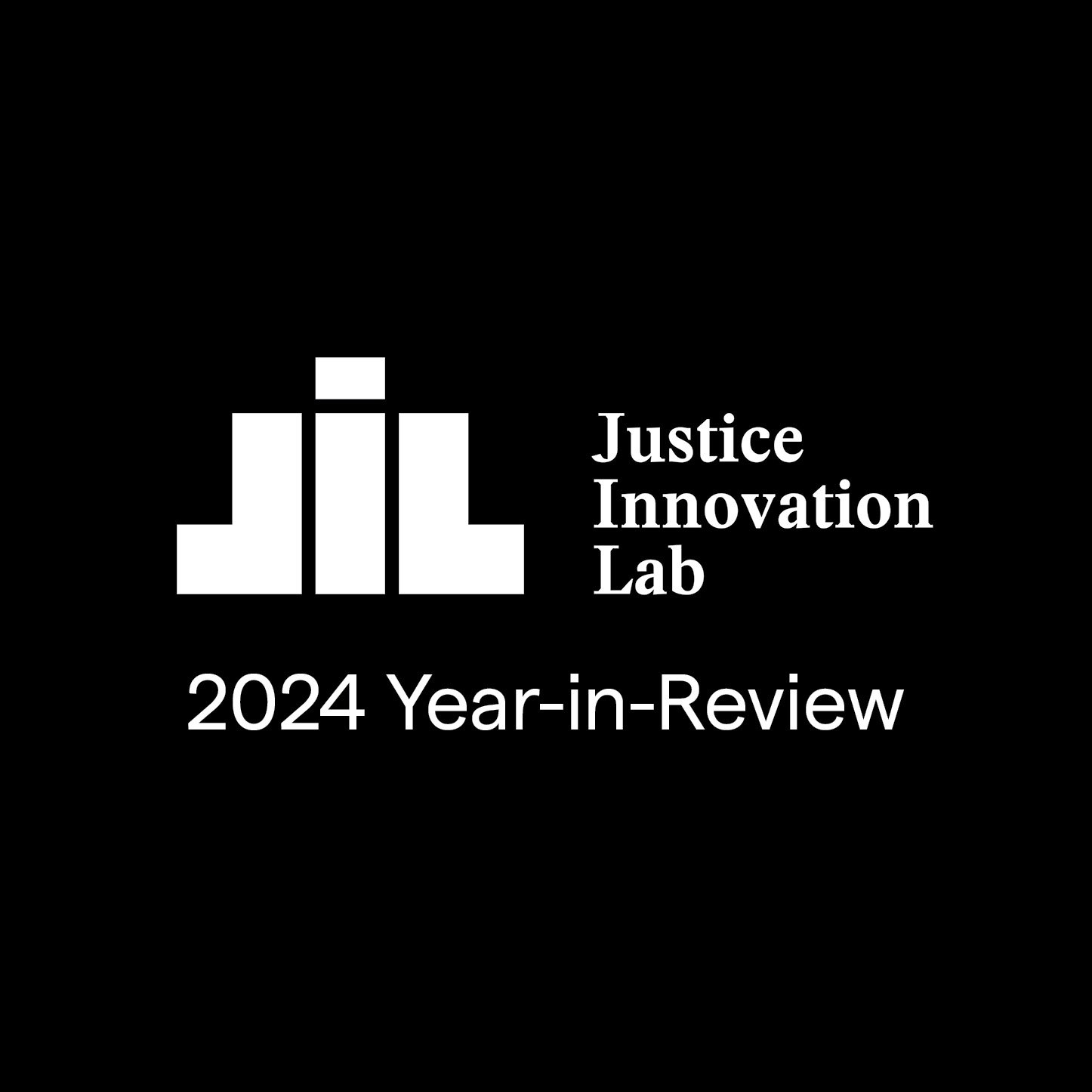60 prosecutors complete Culture of Innovation workshop in South Carolina
By Kelli L. Ross
“Justice Innovation Lab helped me see the institutional and systemic issues in our prosecution system," said Ninth Circuit Solicitor Scarlett Wilson. "The folks at JIL and their staff have a certain gravitas to them as they have been here before and walked in our shoes. They are trustworthy. Together, we brainstormed a better way forward to provide true justice for all.”
At the end of February, Justice Innovation Lab spent three days with 60 prosecutors from the Ninth Circuit Solicitor’s Office in Charleston, South Carolina, leading conversations and discussions about how to create a more equitable justice system. These sessions built off of the workshop JIL led last fall following the release of the Disparity and Prosecution report.
JIL’s Culture of Innovation workshops provoked thoughtful conversations about power, race, data, and the imperative to innovate in the justice system. The sessions facilitated conversations between prosecutors and impacted community members and highlighted numerous opportunities for more effective collaboration. One formerly incarcerated community member described having a seat at the table with prosecutors as “a life changing experience.”
At the heart of all of these conversations, the participants contemplated the questions:
What outcomes are we hoping for as a community?
How can we improve those outcomes?
What changes can we make to build a safer and more inclusive society?
The week in Charleston ended with prosecutors designing prototype solutions to address problems identified in JIL’s data analysis. The ideas were so immediately actionable and feasible that the office has already started implementing these changes in their practice.
“Prosecutors are asking hard questions and creating a better approach to public safety,” said Jared Fishman, JIL Founding Executive Director. “They are no longer satisfied with the status quo, and Justice Innovation Lab is giving them the tools to make real change.”
In the coming year, JIL will expand its work in two new jurisdictions and begin rolling out the first ever data-informed screening unit in Charleston to quickly identify and remove legally insufficient cases from the system and speed up time to case resolution.



